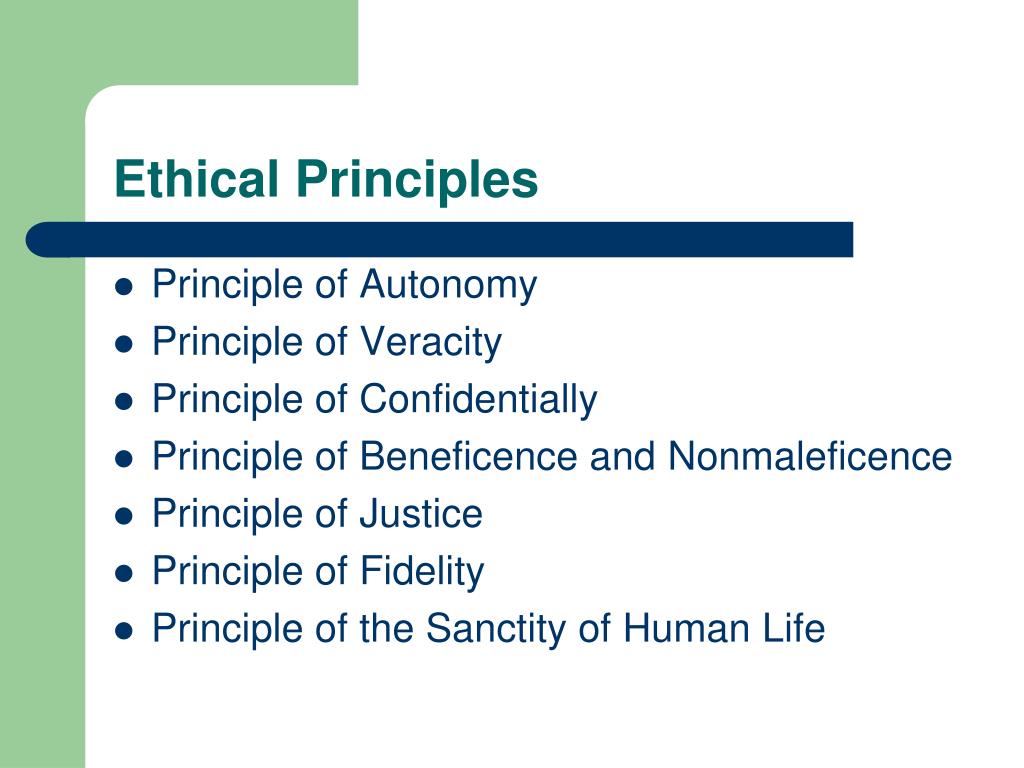
The BAC earlier advocated a principle of reciprocity between the individual and wider society, as a way to capture the well-established idea that there is some measure of mutual obligation that regulates the relationship between the two. However, an individual’s autonomy can be curtailed under certain circumstances, for public good, such as when quarantined in disease epidemics. These entitlements exist notwithstanding individual differences in endowment of race, character, gender or talent, and without requirement that individuals justify them. Ideals such as all citizens being equal under the law, or having rights to privacy and the management of their affairs, to the enjoyment of security and public health and safety, with rights over their own bodies, and many others, all, in the last analysis, come down to the principle that individuals should be accorded certain basic rights or entitlements arising from their existence in society.
#JUSTICE ETHICAL PRINCIPLE FREE#
This principle integrates with many other aspects of life in societies that could be described as free or self-regulating (democratic) rather than totalitarian or highly communitarian (hierarchical). It also requires a proper regard for religious and cultural diversity. This principle mandates the need for informed consent to participation in research, respect for privacy, safeguarding confidentiality, and minimising harm to research participants.

Their welfare and interests are to be protected, especially when their autonomy is impaired or lacking. This includes respecting their right to make their own decisions without being coerced, misled, or kept in ignorance, which the BAC refers to as autonomy. Individuals are to be respected as human beings and treated accordingly.

The five principles endorsed by the BAC are as follows: Respect for persons

Based on a review of key internationally accepted bioethics documents, the BAC formulated five guiding principles, reflecting their local application.


 0 kommentar(er)
0 kommentar(er)
